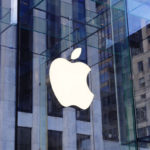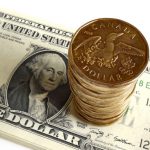The U.S. decision to overturn an import ban on Apple Inc.’s older iPhones and iPads may help short-term sales and hurt Samsung Electronics Co. in any settlement talks in the companies’ patent fight.
“The problem now for Samsung is not that Apple can continue to sell its products, but whether Samsung’s products will be banned,” said to Bloomberg Lee Sun Tae, a Seoul-based analyst at NH Investment & Securities.
“The reprieve is not expected to help Apple shares because the company’s patent lawsuits are not an issue investors care most about”, said Brian Blair, a principal at Wedge Partners Corp., a boutique research and trading firm in New York.
Samsung products subject to the decision later this week include some older models of Galaxy smartphones and tablets including the Galaxy S, Galaxy S II, Galaxy Tab 10.1 but not Samsungs latest products including the Galaxy S III or the Galaxy S4.
Samsung called the decision a “disappointment” as it has been putting up a tough fight to increase market share in the U.S. Apples earnings report showed older versions of the iPhones may still be appealing to some customers looking for more affordable smartphones. Had a ban been implemented, it would have affected the import of Apples iPad 2 made to work on AT&T Inc.s network, and the iPhone 4, which runs on AT&T and T-Mobile USs airwaves.
The court ruling is a hit for Samsung, which had won the import ban against Apple from the U.S. International Trade Commission in June based on a patent widely used in the mobile-device industry for transmitting data. The U.S. drew a line between blocking the sale of products infringing patents that are part of industry standards versus those for unique features.
Technology companies have split over how regulators should deal with patents that relate to fundamental basic technology used in every mobile device. Samsung and Google Inc. stated they should be able to block use of such standard technology if a company won’t pay what they consider a reasonable royalty.
Samsung fell 0.7% to 1,277,000 as of 1:15 p.m. in Seoul, extending this year’s decline to 16%.





